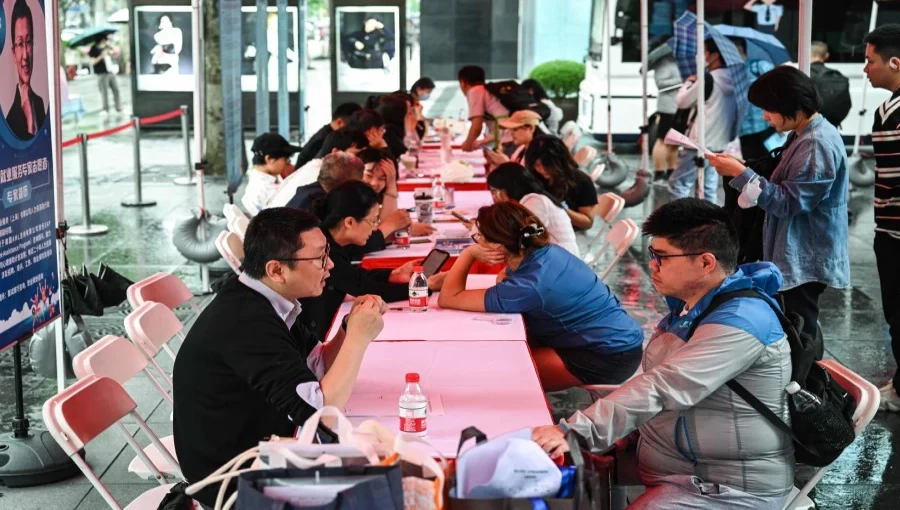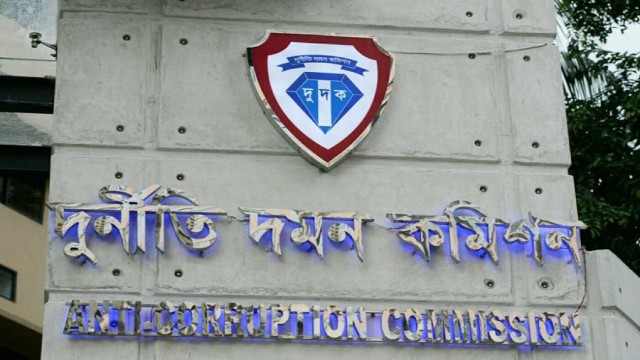At a job fair in central Shanghai for soon-to-be graduates, recruiters sat under faded tarpaulins, experiencing little interest from potential employees, despite China’s persistently high youth unemployment rate. President Xi Jinping recently emphasized that addressing youth unemployment should be a "top priority," hinting at potential reforms ahead of July’s Third Plenum, a meeting historically known for significant economic policy changes.
Youth unemployment stood at 14.7 percent in April, with 11.8 million students set to graduate in June, exacerbating the issue. The rate had peaked at an unprecedented 21.3 percent in mid-2023 before the government paused monthly reporting, resuming it in December with adjusted calculations.
The job fair, dominated by hospitality and human resources firms, is one of many organized by local authorities in anticipation of the influx of graduates. A data sciences student attending the fair expressed the difficulty of finding a job that aligns with one's degree and aspirations, while recruiter Julia Shao noted that many graduates have high expectations, preferring more prestigious positions over basic ones.
President Xi specifically addressed graduates in his recent speech to the CCP Politburo, stressing the need for more jobs that align with their skills. Analysts see his remarks as part of a broader push from China’s leadership to address the urgent issue of youth unemployment, which, along with low consumption and a property sector crisis, hampers China’s post-pandemic recovery.
Harry Murphy Cruise of Moody’s Analytics indicated that policies to reduce youth unemployment are likely to be a key focus at the Third Plenum. Expected measures include increasing wage subsidies and creating more work placements, though these are viewed as temporary fixes. Long-term solutions require significant industrial and educational reforms to better align graduates' skills with market demands.
There is now a push to fill roles in sectors such as industrial upgrading and scientific innovation, where skills shortages exist. This may necessitate government-sponsored training programs to bridge the gap for graduates in less in-demand fields like sociology, journalism, and law.
Law students near a top Shanghai university acknowledged the tough job market, with many opting for further study due to the sluggish economic situation and layoffs in their field. Some are turning to civil service exams or postgraduate degrees, seen as more stable options.
Despite universities encouraging active job searching, intense competition and a growing number of graduates each year make the job market challenging. Law student Karl Hu, who secured a job at a bank, noted that many graduates will need to "lower their expectations" to find employment.































Comment: